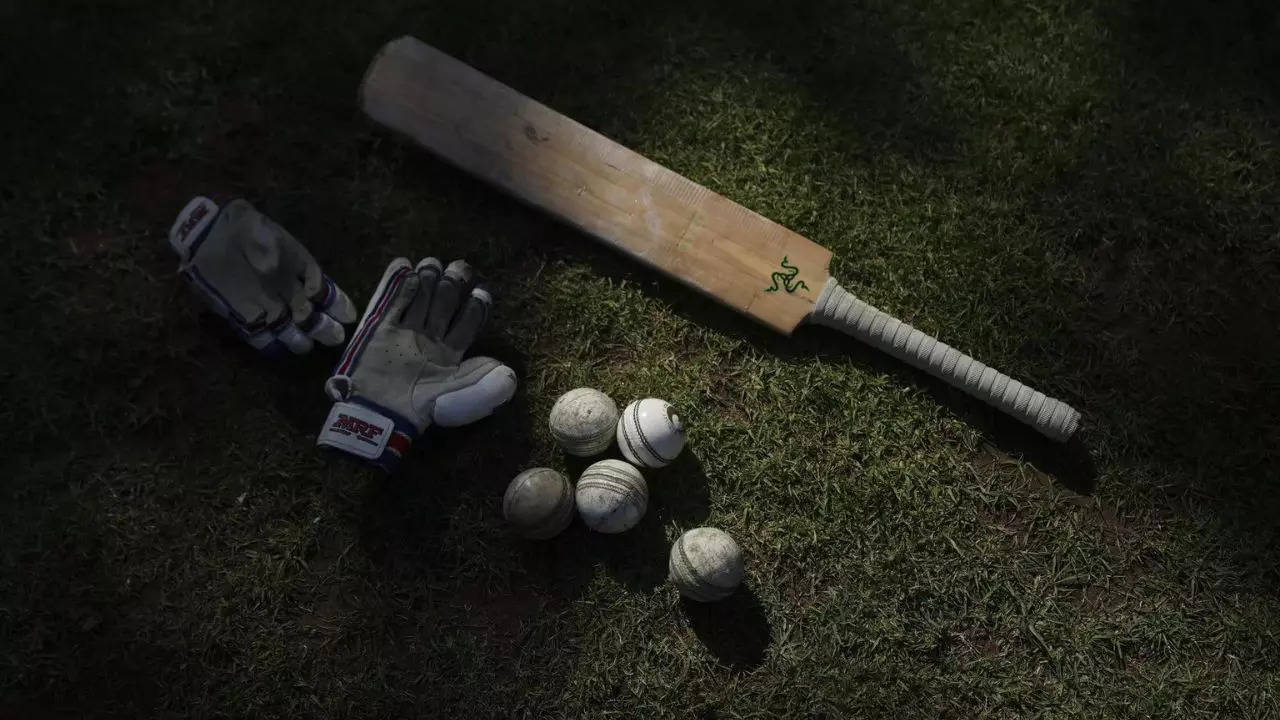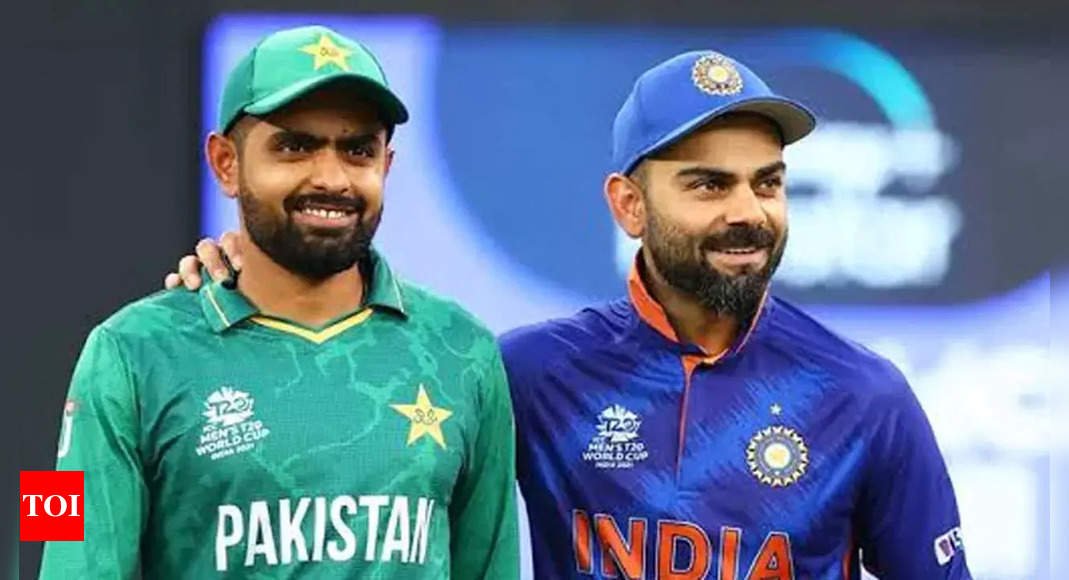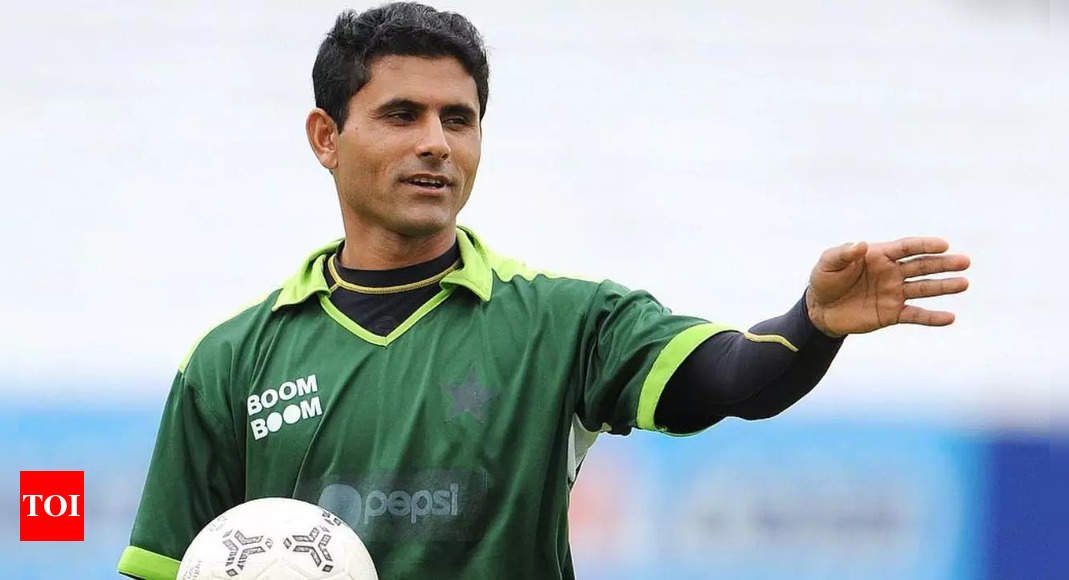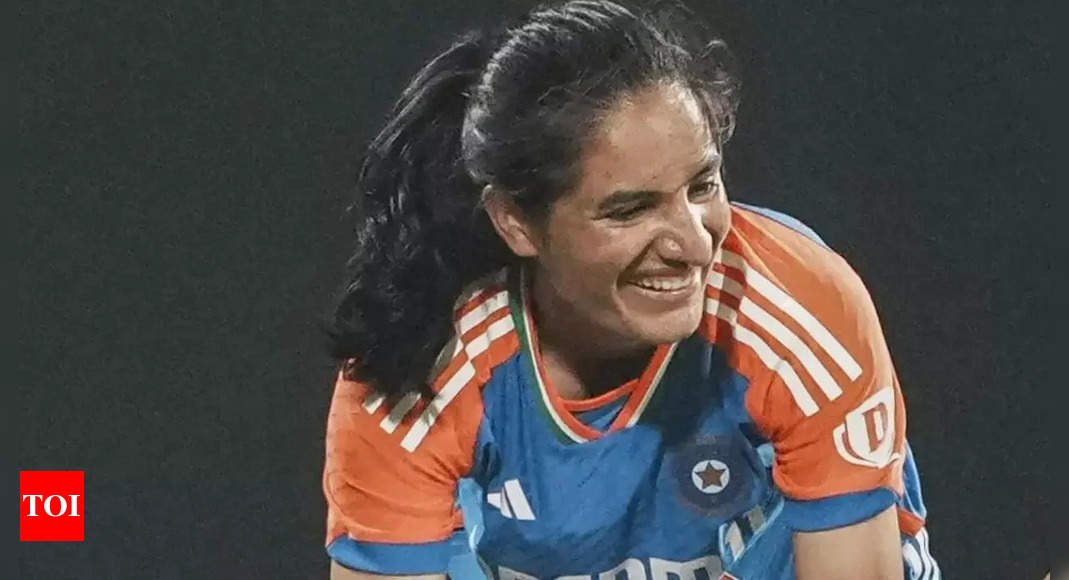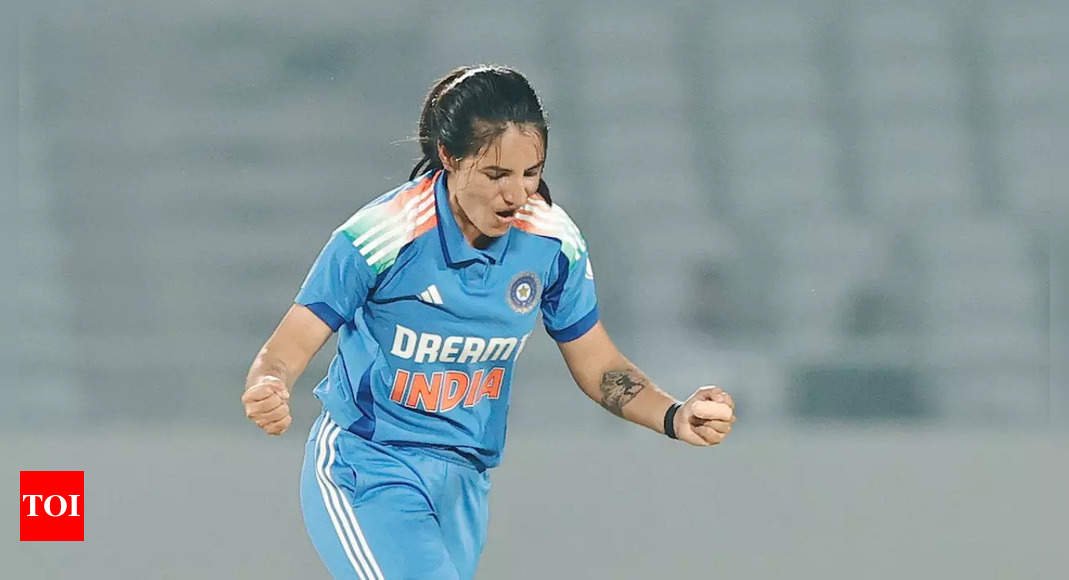NEW DELHI: A court in New Delhi has ordered the framing of charges related to criminal conspiracy and cheating against four individuals accused of being involved in fixing international cricket matches between India and South Africa in the year 2000.
According to PTI, the individuals facing these charges are Rajesh Kalra, Krishan Kumar, Sunil Dara, and Sanjeev Chawla.This decision was overseen by Additional Chief Judicial Magistrate Neha Priya, following the registration of the case by the Chanakaya Puri police station.
The court’s determination to proceed with charges was influenced by a compilation of evidence that included a series of events, recorded conversations, and the behaviour and circumstances surrounding the accused.
This evidence suggested a collaborative effort among Kalra, Kumar, and Dara in executing match-fixing agreements, with Chawla orchestrating deals with the late Hansie Cronje, who was also implicated.
The court found sufficient grounds to press charges under sections 420 (cheating) and 120B (criminal conspiracy) of the Indian Penal Code (IPC), highlighting a “grave suspicion” regarding the accused’s involvement in a scheme to defraud spectators and the Board of Control for Cricket in India (BCCI) during the cricket matches in question.
“Charges are ordered to be framed accordingly,” the court said.
The court’s 68-page order detailed the constant communication between the accused, discussing aspects of match-fixing and betting, including team compositions, agreed-upon scores, and financial transactions related to betting.
The manipulation of match outcomes for personal gain, as alleged against Cronje in collaboration with the accused, undermines this unpredictability, potentially diminishing spectator interest.
The court also addressed arguments suggesting that match-fixing does not constitute an offence due to the absence of specific legislation. It clarified that if the actions in question satisfy the criteria for an offense under section 420 of the IPC, they cannot be exempt from legal scrutiny merely because of the lack of a specialized law against match-fixing.
“If the alleged acts of match-fixing satisfy the ingredients of the offence under section 420 of the IPC, such acts cannot escape the clutches of the said law only for want of a special law. In other words, the question before the court is not whether match-fixing is an offence in India, but whether in the present factual matrix, the allegations (of match-fixing) in the charge-sheet amount to an offence under section 420 IPC?” the court added.
The proceedings are set to continue on July 31, as the court further explores the allegations and the involvement of the accused in the match-fixing conspiracy.
According to PTI, the individuals facing these charges are Rajesh Kalra, Krishan Kumar, Sunil Dara, and Sanjeev Chawla.This decision was overseen by Additional Chief Judicial Magistrate Neha Priya, following the registration of the case by the Chanakaya Puri police station.
The court’s determination to proceed with charges was influenced by a compilation of evidence that included a series of events, recorded conversations, and the behaviour and circumstances surrounding the accused.
This evidence suggested a collaborative effort among Kalra, Kumar, and Dara in executing match-fixing agreements, with Chawla orchestrating deals with the late Hansie Cronje, who was also implicated.
The court found sufficient grounds to press charges under sections 420 (cheating) and 120B (criminal conspiracy) of the Indian Penal Code (IPC), highlighting a “grave suspicion” regarding the accused’s involvement in a scheme to defraud spectators and the Board of Control for Cricket in India (BCCI) during the cricket matches in question.
“Charges are ordered to be framed accordingly,” the court said.
The court’s 68-page order detailed the constant communication between the accused, discussing aspects of match-fixing and betting, including team compositions, agreed-upon scores, and financial transactions related to betting.
The manipulation of match outcomes for personal gain, as alleged against Cronje in collaboration with the accused, undermines this unpredictability, potentially diminishing spectator interest.
The court also addressed arguments suggesting that match-fixing does not constitute an offence due to the absence of specific legislation. It clarified that if the actions in question satisfy the criteria for an offense under section 420 of the IPC, they cannot be exempt from legal scrutiny merely because of the lack of a specialized law against match-fixing.
“If the alleged acts of match-fixing satisfy the ingredients of the offence under section 420 of the IPC, such acts cannot escape the clutches of the said law only for want of a special law. In other words, the question before the court is not whether match-fixing is an offence in India, but whether in the present factual matrix, the allegations (of match-fixing) in the charge-sheet amount to an offence under section 420 IPC?” the court added.
The proceedings are set to continue on July 31, as the court further explores the allegations and the involvement of the accused in the match-fixing conspiracy.


